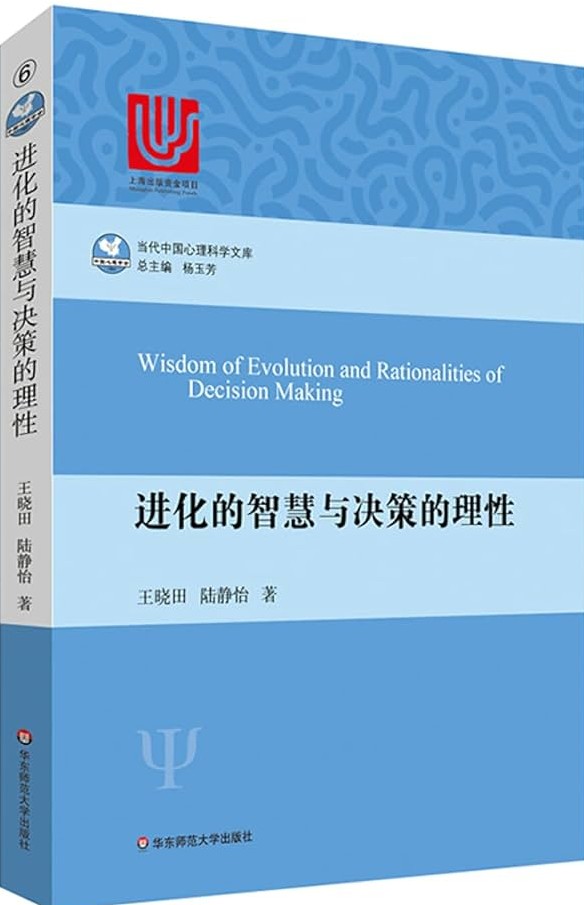
This course provides an overview of the research development and findings in the studies of behavioral decision-making and leadership. Discussion topics include decision theories, psychological values, utility functions, risk perception and risk management, leadership measurement of traits and abilities, major theories of leadership including the theories of leader-member exchange, charismatic, transformational, and adaptive leadership. An emphasis is placed on applying the findings of decision-making and leadership research in organization management.
This book begins with a discussion of the nature of rationality. Then it introduces a conceptual framework for thinking about predictive or diagnostic judgments; two important heuristics proposed in the early 1970s- representativeness and availability; the anchoring-and-adjustment heuristic and hindsight bias; the notion of an argument as a formal structure; judgments of association, causation, and counterfactual thinking; the topic of decision making under risk and uncertainty; the psychology of preference and choice; the topic of confidence and optimism in judgment and decision making; dynamic decision making and everyday decision making; the topic of risk; decision making in groups and teams; cooperation and coordination in human behavior; approach to human thought.
This book provides both presentation of leadership theory and discussion of how it applies to real-life situations. Topics covered include trait approach, skills approach, behavioral approach, situational approach, path-goal theory, leader-member exchange theory, transformational leadership, authentic leadership, servant leadership, adaptive leadership, followership, leadership ethics, team leadership, gender and leadership, culture and leadership. Each chapter provides a description of the leadership approach and a discussion of research studies applicable to the approach, evaluates the approach by highlighting its strengths and criticisms, uses case studies to discuss the application of the approach in ongoing organizations, and provides a leadership questionnaire.

本书用生活化的语言与现实中的事例,将理性决策的基本理论与实际的决策行为进行对比,全面介绍了判断和决策领域中的基础理论和新研究成果。全书内容可分成六部分:第1-2章介绍了判断和决策领域的学科历史,第3-7章总结了关于判断的心理学研究,第8章论述理性与不确定性间的关系,第9-10章论述偏好与选择问题,第11-12章分别介绍了理性决策理论及描述性决策理论,第13-14章展望了未来的研究方向。附录简单介绍概率论的相关知识。

本书融合了进化心理学和行为决策这两个领域的研究成果,并介绍了如何在理论的基础上用实证和实验的方法研究决策心理和风险行为;梳理进化中的风险,分解决策的理性。本书借助达尔文理论的力量,聚焦人际和社会文化问题,探讨理性决策的依据与特征,与读者分享研究的感悟以及生存与生活的哲理。本书第1至4章以及第8至13章面涉及行为科学、经济学和人文学科的综合性论述,其余各章则着重介绍作者基于相关理论所做的具体的实证研究。